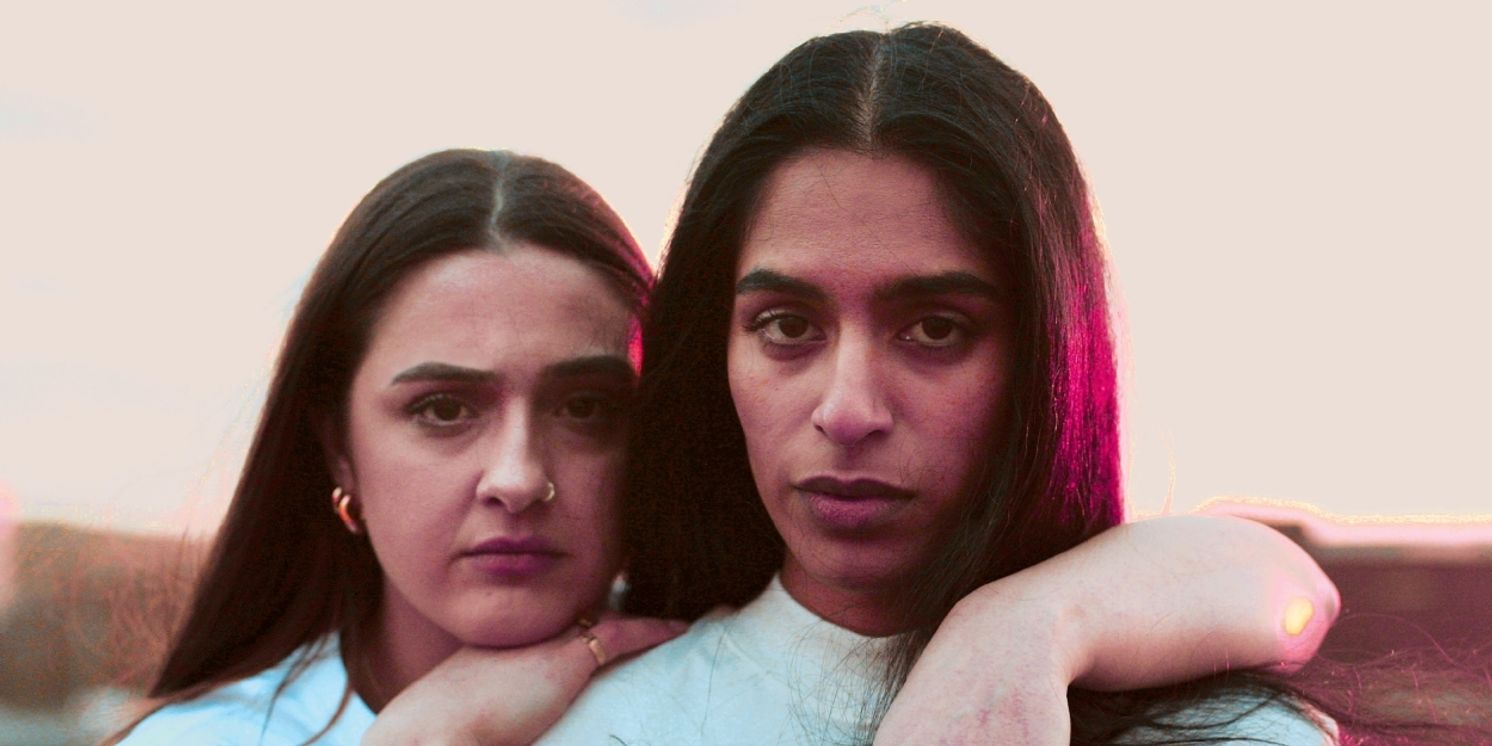Review: WASTED, Lyric Hammersmith
This one-act play puts a young creative team on the map.

![]() The police are interrogating Amber and Bella in connection with the disappearance of one of their mates. We follow the two best friends back and forth across the timeline of the events to find out what happened.
The police are interrogating Amber and Bella in connection with the disappearance of one of their mates. We follow the two best friends back and forth across the timeline of the events to find out what happened.
Chanel Fernandes and Kane Feagan's Wasted examines how university culture and the justice system are failing people in different ways. With a Bill Cashmore Award under their belt and directed by Emily Ling Williams, the play headlines the seventh edition of the Evolution Festival and was developed as part of the Springboard training programme, the theatre's main commitment to new talent.
Running at around 50 minutes, it's snappy and positively Gen-Z in pace and subject. Fernandes crafts a script that wanders from deliciously colloquial to slightly expository, but remains solid throughout. Mundane conversations about parties and cleaning rotas act as the foundation for the pair's bond, which is bound to be tested and tried once Jacob's actions are revealed. At its core, it's a thrilling story of friendship and loyalty camouflaged as a crime drama that explores the stigmatisation of sexual violence.
While there's some rocky acting from Feagan here and there, Fernandes supports her scene partner with precision, lifting both of their performances up. Ling Williams' direction is quite contemporarily standardised in style, but has many sparks of brilliance. James Douglas-Quarcoopome and Wilf Walsworth appear as constables through clever shadow play, grilling the young women against Sonya Smullen's hyperrealistic set.
Amber's interrogation is steeped in casual racism while Bella's is ultimately rather smooth in a subtle yet poignant comparison. George Ogilvie's lighting design might start off as static and practical, but grows into an expressionist exercise. He focuses the tension by closing in on the actors gradually as Lex Kosanke's sound comes in ominously, ramping up the stakes of the plot. Matched with Ling Williams' long pauses and deep silences, this creates a jarring effect against the breezy, carefree moments shared between the two friends.
Fernandes gives a thoughtful, detailed performance as her character becomes overcome by defeat. The implications that Amber's claims aren't substantial enough to expedite Jacob's conviction and the veiled victim blaming from the law bring her and Bella to take matters into their hands. The most bitter plunge comes when Amber says that only 1% of reported rapes actually lead to a sentence and she's sure hers isn't one of them. It's a brief, nearly too didactical exchange that reveals a universally horrifying truth.
While the piece might still be a very youthful, almost naïve response to injustice, it puts the creative team on the map. They've come together to create a profound reflection that condemns the minimisation of trauma and uncovers a system that simply doesn't care enough. The production flaunts skilled writing, remarkable visuals, and - most of all - a decisive stance. We're excited to see what this next generation keeps bringing to the table.
Photo credit: Cordelia O'Driscoll
Reader Reviews
Videos

